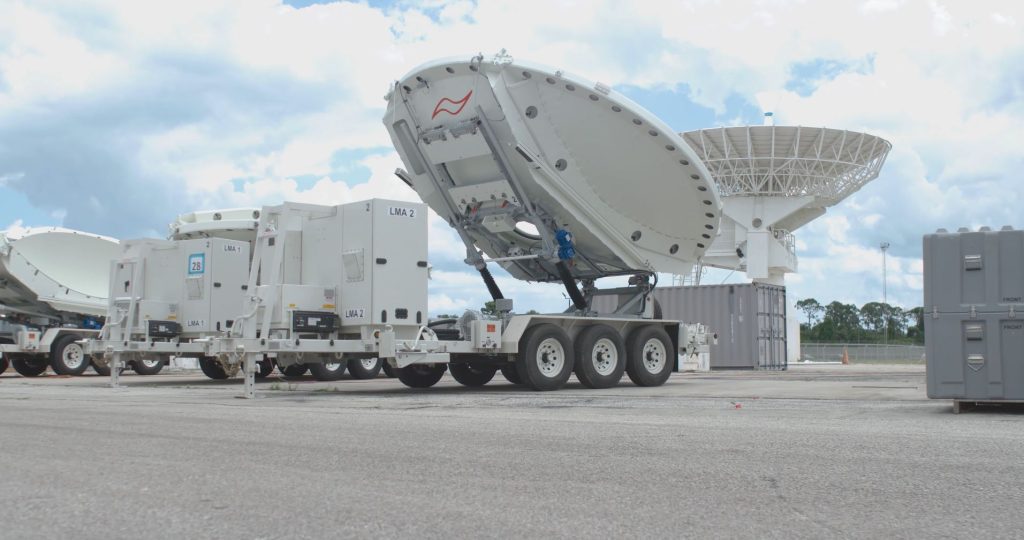Last week, the U.S. Space Force and U.S. Space Command requested $2.3 billion in “unfunded requirements” from Congress. Most of the funds are for secret programs focused on controlling space, maintaining superiority, and awareness of space, as a way to protect U.S. assets in orbit from anti-satellite weapons being developed by China and Russia.
Each year, the military services outline important priorities and capabilities that were not included in the president’s official budget request in the unfunded priorities list. The Space Force’s list includes $1.1 billion, while Space Command’s list includes $1.2 billion. This concerns the budget proposal for the fiscal year 2025. The Pentagon submitted a $29.4 billion budget for the Space Force to Congress on March 11, excluding the items in the unfunded priorities list. Space Command relies on the Space Force to obtain the necessary space equipment and systems for operations in the space domain. This funding is necessary for defending U.S. satellites from threats posed by anti-satellite weapons under development by China and Russia, according to Gen. Stephen Whiting, head of U.S. Space Command.
Gen. Stephen Whiting emphasized the importance of these funds in protecting U.S. satellites from potential threats such as disruption of the Global Positioning System satellite navigation, communications, and intelligence gathering capabilities.
Gen. Stephen Whiting explained that Russia is increasingly focused on its cyber, nuclear, and space capabilities, posing a significant threat.
The details of the space control, space superiority, and space domain awareness technologies were not provided due to classification.
Space control ensures U.S. military operations in space while denying the same to adversaries. Space superiority is the capability to maintain freedom of operation in space for the United States and its allies. And space domain awareness refers to tracking objects and activities in orbit to avoid collisions and detect potential hostile actions.
The Space Force listed $1.1 billion, and Space Command listed $1.2 billion in their “unfunded requirements” lists for fiscal year 2025.
Space control involves measures to ensure U.S. military operations in space while denying adversaries the same. Space superiority is the capability to maintain freedom of operation in space for the United States and its allies. And space domain awareness refers to tracking objects and activities in orbit to avoid collisions and detect potential hostile actions.









